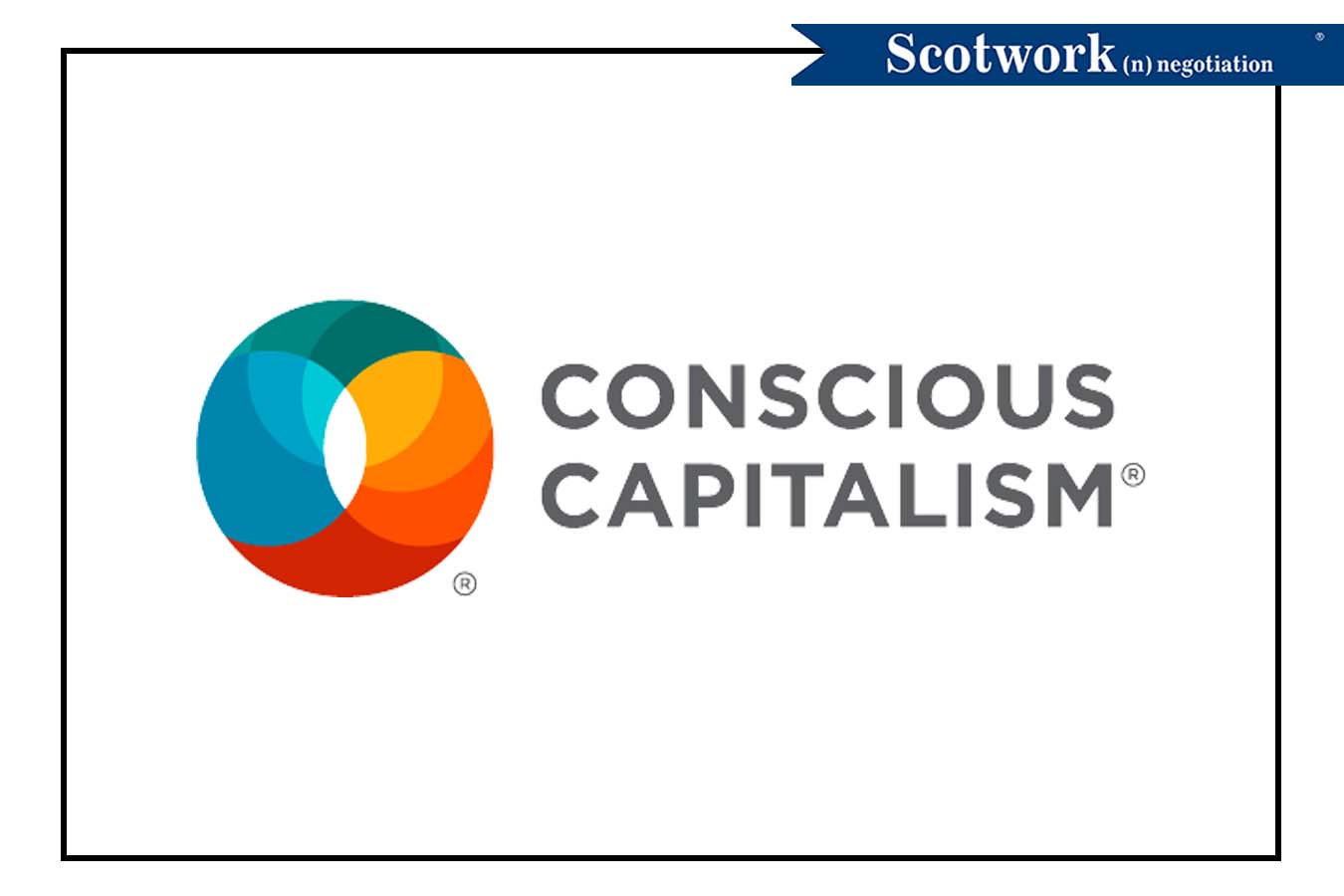This past week, I attended Conscious Capitalism’s CEO Summit. The event was attended by over 150 CEOs, founders, and senior leaders of some really amazing organizations. Some you know: Whole Foods, J. Crew, the Dallas Mavericks. Others you may not be as familiar with: The Motley Fool, Life is Good, Shipt. And others still many of us have never heard of: Greyston Bakery, Skin Is Skin, Red Helicopter, Ten by Three. Needless to say, it was a diverse group, but all of the attendees had one thing in common: a commitment to running conscious businesses. More importantly, their take on future business is well worth listening to.
Conscious Capitalism is based on the underlying belief that capitalism is the most powerful system for social cooperation and human progress ever conceived. However, when the sole focus is on maximizing shareholder value, it can also be destructive. Conscious Capitalism takes a stakeholder orientation and drives to maximize value for all stakeholders in the business, including employees, communities, clients, customers, and (of course) shareholders.
In addition, conscious companies have a higher purpose and exist for reasons beyond a profit. They have leadership that focuses on creating value for all stakeholders and creates a culture of consciousness that permeates an organization. (More information can be found at https://www.consciouscapitalism.org/.)
As a member of Conscious Capitalism’s Senior Leadership Network, I was invited to give a talk on Conscious Negotiating. The premise is simple: Whether you’re hiring an employee, winning clients, or sourcing vendors, all business relationships begin with a negotiation. Therefore, in order to be a conscious company, you must form your relationships consciously. Thus, the focus of my talk was how to take a stakeholder approach to negotiation to produce win-win-win deals.
For me, the most inspiring part of the summit is what I heard from leaders in attendance. There were three main themes that jumped out at me.
Optimism
Despite what we’re seeing in the media and around the world, there’s strong optimism for the future. It’s fueled by the premise that, in general, people would rather come together than divide and isolate. A great quote from the week: “If you want to go fast, go alone. If you want to go far, go together.” Even though we’ve all been virtually distanced for more than a year and a half, there’s a powerful desire to come together and collaborate. That togetherness will pull us through where we are today and lead us to a more positive future.
Purpose
I got the opportunity to share our purpose of “transforming the way the world negotiates.” The room lit up as people discovered our work. I had so many conversations about the stress and worry that people experience over their own negotiations. People told me about terrible experiences and regrets. Their distress was palpable and it underscored, for me, the importance of our purpose. We get to see it every day when working with our clients on their deals or in the classroom. Particularly when they light up about learning something that will relieve their stress, give them confidence, and help them through a trying negotiation. As far as I’m concerned, providing that kind of help and relief is a purpose worth having. And we’re not alone — so many other companies have amazing higher purposes that are bringing some great things into our world.
Responsibility
It’s easy to complain, blame, and point fingers. It’s easy to operate from a place of ego and fear. This room of leaders could have easily blamed social media, governments, regulations, politicians, and others for the divisiveness, inequities, disputes, and other issues facing business today — but no one did. Instead, they talked about what they’re going to do to make their part of the world better for all of their stakeholders. I have no other way to describe it: Their sense of responsibility came from a place of love, not fear. It was not about what others needed to do for them (a place of ego/fear), but rather what “I need to do” (a place of love/responsibility). It’s this sense of responsibility that gives me hope that conscious businesses have the ability to positively change the world.
Given all of the negative news we’re inundated with, it was great to be with optimistic leaders who are determined to bring light back into the world. For Scotwork, our piece of that is helping start their relationships in a collaborative and positive manner.
We Can Help Relieve Your Stress and Worry Over Negotiations.
When it comes to negotiating, you’re not alone: So many people have had terrible experiences that cause them continued anxiety at the table. That’s why we’re here; it’s our purpose — to provide relief, to instill confidence, to “transform the way the world negotiates.” Drawing on 46 years of real-world negotiating experience, we’ll assist you with getting better deals, saving time, and creating value for all involved — not to mention preserving and even strengthening relationships. Let us partner you with one of our advisers, ensuring that you’ve got the broadest view of your deal.

